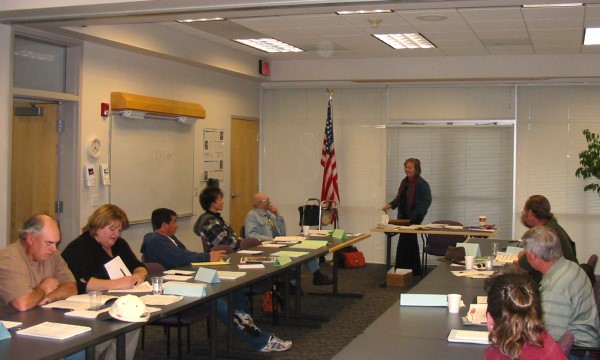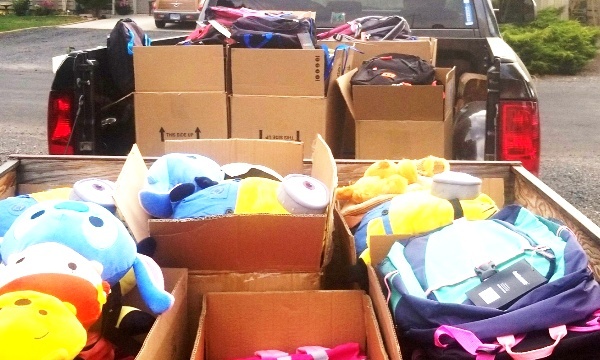While scams keep changing, the targets stay the same. Seniors continue to be the marks of a variety of low-risk crimes that prey on their sense of duty and exploit their fear of cognitive loss. We advise seniors, to avoid scammers, be wary of the phone.
FTC Data Tells The Story
The Federal Trade Commission’s Bureau of Consumer Protection logged 1.5 million consumer fraud complaints in 2018, with over $1.6 billion lost; Consumers who said they were 60 and older (older adults) filed 256,404 fraud reports with reported losses of nearly $400 million.
Retirees make ripe targets because they have access to cash via retirement savings and equity in their homes.
What To Do
Here is what to do to avoid being targeted:
- Ditch the landline. Phone scams continue to be a tremendous problem for consumers of all ages. Older adults reported that a phone call was the initial contact method in numbers four times higher than all other contact methods combined. One reason seniors are targeted is because they still use landlines—so they’re easy to find through commercially sold phone lists—and they often answer their phones.
- Sign up for AARP’s Fraud Watch Network alerts and check its online map. This will help you keep up-to-date on the scams happening where you live, as scammers frequently change the areas they’re targeting.
Aging Fraud Hotline
- Call the U.S. Senate Special Committee on Aging Fraud Hotline. If you suspect someone is a victim of fraud, call the hotline (855-303-9470) where fraud investigators can offer advice about how to proceed.
- Hang up. Whether it’s a purported relative imploring you to send money right away or a sweepstakes requiring you to pay taxes in advance—two common scams—say you’ll call back. Then research the situation. If the caller is putting pressure on you to pay immediately, it’s a scam.
- Frequently check the Security and Fraud Center at MidOregon.com. This gives you up-to-date articles about the latest in scams and prevention, and well as a tips and articles about becoming and staying safe and secure.





